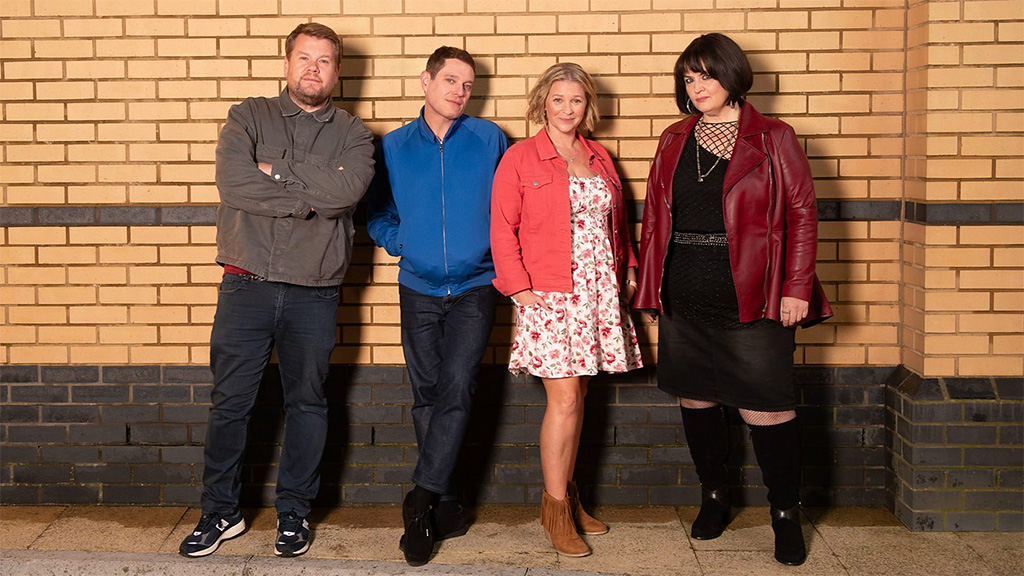The television licence fee that funds the BBC may be abolished under plans being considered to turn it into a mutual corporation owned by the public, potentially funded through general taxation. The current royal charter under which the BBC operates runs until the end of 2027. The process of reviewing the charter has begun and the question of how the corporation will be funded is high on the agenda.
While no decisions have been made, there are reports that the Secretary of State responsible for media, Lisa Nandy, favours the mutual option and does not believe the licence fee is financially sustainable.
In a written ministerial statement at the end of November, she said the government was committed to the licence fee until the end of the current charter. She also announced that the funding model review set up by the previous government would not continue and it would instead consider the future funding model as part of the charter review process.
Mutualising the BBC would mean that it would be owned by its members, potentially all citizens of the country.

The median age of a viewer of the main BBC television channel BBC1 is now over 60. Despite occasional hits like the finale of Gavin & Stacey on Christmas Day, research shows that those aged 16-24 spend less than 5% of their screen time at home watching the BBC, compared to 23% for those aged over 35.

A licence is required to watch or record programmes as they are shown on any television channel, to watch programmes live on any online television service, including YouTube, or to download or watch any BBC programmes on iPlayer.
The licence fee is paid by around eight out of ten households in the United Kingdom. It raises about £3.75 billion a year for the BBC, which is responsible for its collection.
The number of licence fee payers fell by half a million in 2023 to 2024, to around 23.4 million households, down from nearly 26 million five years before.
Non-payment of the television licence fee is a criminal offence. 34,000 people were prosecuted in 2023 for not having a licence. Nearly three quarters of them were women. The fine for non-payment is up to £1,000 and if it is not paid the court can in theory impose a prison sentence.
The government agreed to raise the television licence fee by £5 a year in line with inflation, increasing it to £174.50 per applicable household from April.
Funding the BBC through general taxation could be a challenge, given the financial pressures already faced by the government, which has pledged not to increase taxes for working people. That would not preclude some other form of levy.
In recent years other European countries have moved away from a television fee. In Germany it has been replaced with a flat household levy. In France, public broadcasting is now funded through sales tax.
There will inevitably be public consultations and some will continue to argue that the television licence fee is the least bad option for funding the BBC, but after a hundred years since the introduction of a licence for listening to the radio, others see it as an anachronism that is overdue for review.
The government has announced that it will outline its policy direction for the next BBC charter in a white paper in 2026.
